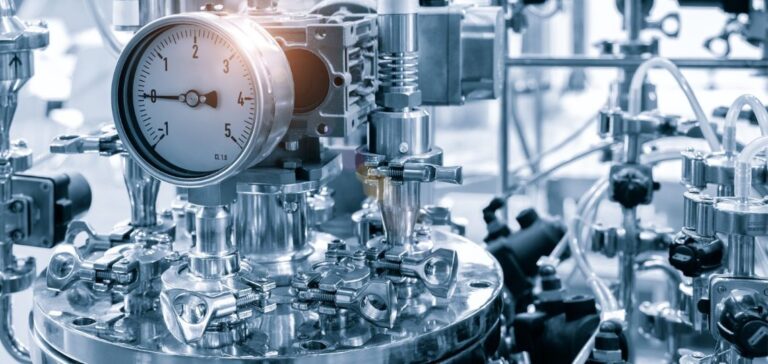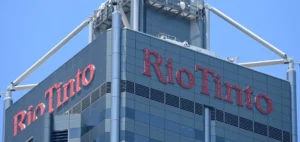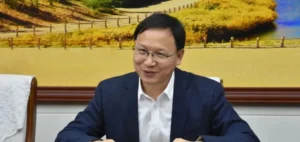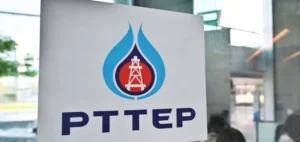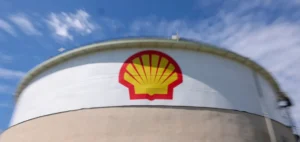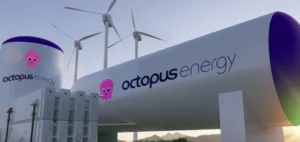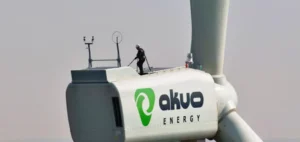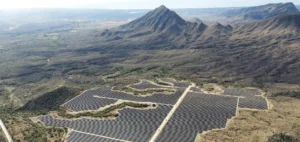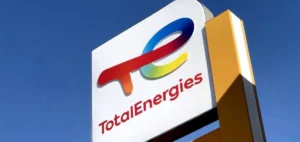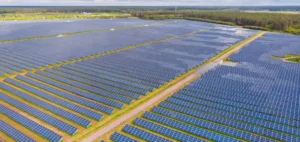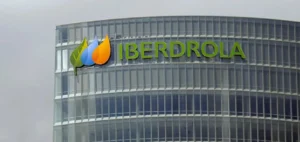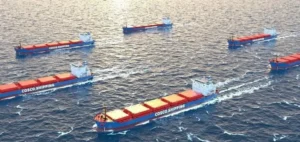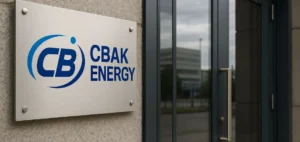Hit by the energy crisis in 2022, the chemical industry, which is very fond of gas and electricity, saw its production fall by 3.3% last year in France and expects a “still difficult” year in 2023, particularly because of the “competitiveness deficit” which is growing with the United States.
“The year 2023 should be difficult again for the chemical industry (…) the dynamics we have known until now could run out of steam,” estimated the president of the France Chimie association, Luc Benoit-Cattin, during an online conference on Tuesday. “We have rather a low level of confidence of our members”, with a third of them “anticipating a reduction of investments or a freeze of recruitments”, developed the head of the interprofessional organization which gathers 1.200 companies of the sector in France and nearly 4.000 establishments gathering 225.000 employees.
“Investments will continue in Europe but they are likely to be reduced because the competitiveness of companies is affected, they generate less cash flow and this leads them to be more cautious in the way they look at the short term,” added the president of the main chemical lobby.
Two thirds of the turnover of the French chemical industries are linked to exports, added Mr. Benoit-Cattin who anticipates “a further decline in production in 2023”, but without giving a precise figure at this stage. The production of the French chemical industry last year, however, fell less than the European average, thanks to its important activities in the soap and perfume sector, which showed good growth.
In Germany, the decline was 11.9% last year and 6.2% in the European Union as a whole. This is due to the slowdown in world growth and trade, but also to the continuing high energy prices in Europe, the inflationary context, monetary tightening and the uncertainties linked to the recovery of China.
In this context, the massive support plan for green industries in the United States(Inflation Reduction Act, IRA) is also worrying, because with 400 billion euros of public aid for industry, it “amplifies” the competitiveness deficit of European industry.
“cardinal reform”
Thus the cost of a kilo of decarbonated hydrogen produced in the United States and sold in Europe amounts to “2 euros per kilo” while it takes “7 euros in Europe” to produce a kilo of decarbonated hydrogen, due in particular to energy prices, noted Benoit-Cattin. “Even with a normalized electricity price around 50 euros per megawatt hour, we would still be at 4 euros per kilo in Europe, we would still have a competitive gap,” he stressed.
The same goes for PVC production. France Chimie is thus asking for a “widening of the scope of aid”, which should also apply “to inputs for manufacturing batteries” for example. “We were at 20-25% aid in all investment projects assisted. In the United States, with the IRA, we have reached 50% of aid. In Europe, with the PIIEC projects (important projects of European interest), we can also reach this level, but the field is rather limited”, according to Mr. Benoit-Cattin.
According to him, the “cardinal reform” to obtain is the “reform of the electricity market in Europe”. The French chemical industry alone has estimated its needs at 7 Twh additional to the 20 Twh consumed by the sector by 2030. He also wants to “continue the investment effort” spurred by the France Relance and France 2030 plans, and to “safeguard” research tax credits (CIR), whose effect is “essential” for the sector. im/ha/spi

